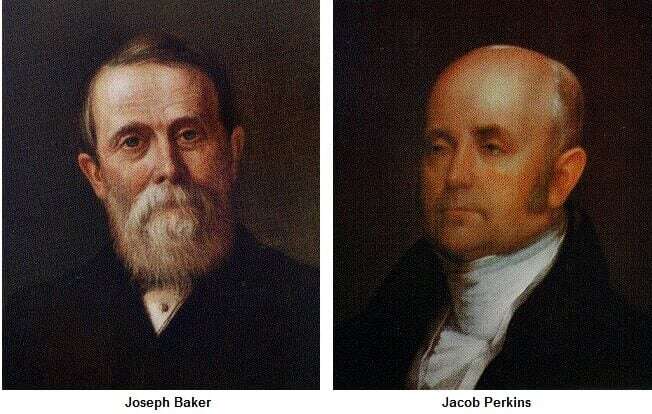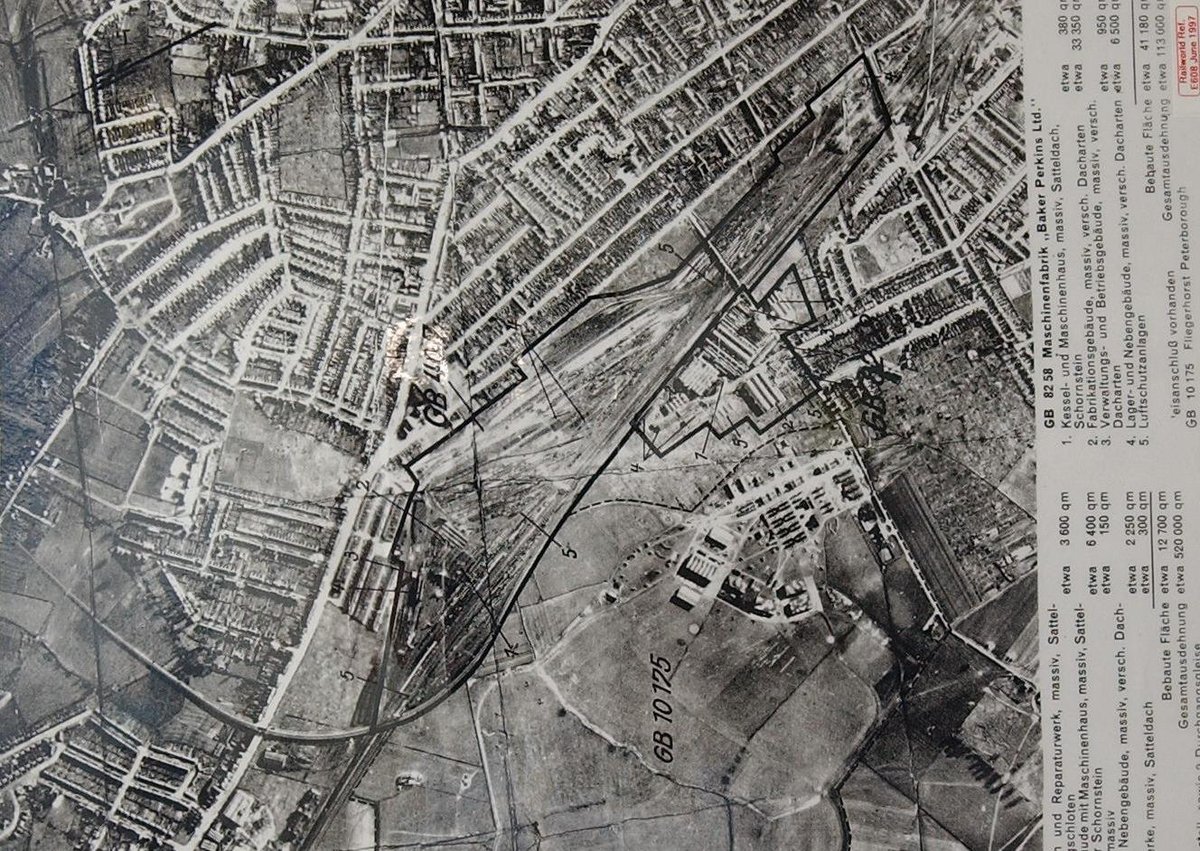
The Baker Perkins Story
The Baker Perkins Mixer has such a Rich History, We at MixerWorks really felt compelled to Publish their story here for your reading enrichment.
A Brief History of Baker Perkins
Baker Perkins traces its roots back to the 19th century when two North Americans made their way to England.
Jacob Perkins, a Massachusetts native and prolific inventor, moved to England in 1819. He dedicated much of his career to experimenting with high-pressure steam, working on innovations like machine guns and firefighting equipment. The Perkins family eventually developed a steam oven for baking bread, which laid the foundation for a successful enterprise.
At the same time, Joseph Baker, a Canadian, invented a simple flour scoop and sifter that significantly eased the workload of Victorian housewives. This invention was so successful that Joseph built a thriving business in Ontario before deciding to explore the English market in the 1870s.
The sifter became a hit in England, and the business quickly expanded, supplying machinery to the bakery, biscuit, chocolate, and confectionery industries. By the late 19th century, Joseph Baker & Sons Ltd had become a significant exporter and the leading food machinery manufacturer in the UK. Meanwhile, the Perkins company focused on expanding its range of bakery equipment for the domestic market.

Baker Perkins Helps the War Effort
The two companies, once fierce rivals, joined forces during World War One to develop automatic baking equipment for military use. In 1920, they merged to form Baker Perkins.
By the time of the merger, both Baker and Perkins were already prominent names in the bakery, biscuit, confectionery, chocolate, and chemical machinery industries. Around the same time, the Bakers purchased a factory in Saginaw, Michigan, which became the hub for manufacturing food and chemical equipment in North America for over 60 years.
Baker Perkins in Peterborough
The history of Baker Perkins in Peterborough dates back to 1903 when the Perkins business, having outgrown its London premises, purchased 10 acres of land in Peterborough, built a factory, and moved in the following year.
After the 1920 merger that formed Baker Perkins, the company operated from two factories—Perkins in Peterborough and Baker in Willesden, North London. However, the economic challenges of the 1930s led to the closure of the Willesden factory, with equipment and staff being transferred to Peterborough.
Baker Perkins continued to operate from the Westwood Works offices and factory in Peterborough until the late 1980s when it became part of APV. Following this, the company relocated to new premises on a greenfield site at Paston, about five miles away. The Paston site includes a unique Innovation Centre where Baker Perkins collaborates with its clients to develop innovative, value-added products now available in supermarkets worldwide.
In the late 1980s, the company acquired Tweedy of Burnley, which was then integrated into the Peterborough operations. The Tweedy name continues to be recognized in a market-leading range of dough mixers.

Baker Perkins in Grand Rapids, Michigan
The Baker Perkins operation in Grand Rapids, Michigan, began in 1904 as the Dutch Cookie Machine Co., reflecting the company's long-standing focus on cookies, a theme that has persisted for over a century.
In 1940, the company was renamed Werner Machinery Co. to better secure orders for war materials, producing pumps for landing barges until 1945. After the war, production returned to food equipment. In 1970, the Werner family acquired the Lehara Corporation, a New York-based sales company that had been acting as Werner’s sales agents both internationally and in the New England/New York region.
The business was renamed Werner Lehara and continued to operate from Grand Rapids, specializing in equipment for biscuit and cookie production. Baker Perkins acquired the company in 1978.
In 2002, the Grand Rapids operation moved to new facilities, which included a pilot plant for customer product development and testing.
Baker Perkins Industrial Extrusion
The origins of Baker Perkins' Industrial Extrusion business trace back to Steele and Cowlishaw, a company founded in 1924 in Stoke-on-Trent that initially manufactured flexible shaft couplings and later specialized in ball and pebble mills for the paint and other industries.
Baker Perkins acquired the company in 1958, providing the momentum needed to expand its range of machinery.
The company played a key role in the early development of twin-screw extruders and has been a leader in this technology for over 30 years, with a significant installed base worldwide.
In 2001, the Industrial Extrusion business relocated from Stoke-on-Trent to Peterborough, where it could benefit from the advanced design and manufacturing facilities at Baker Perkins’ headquarters.

